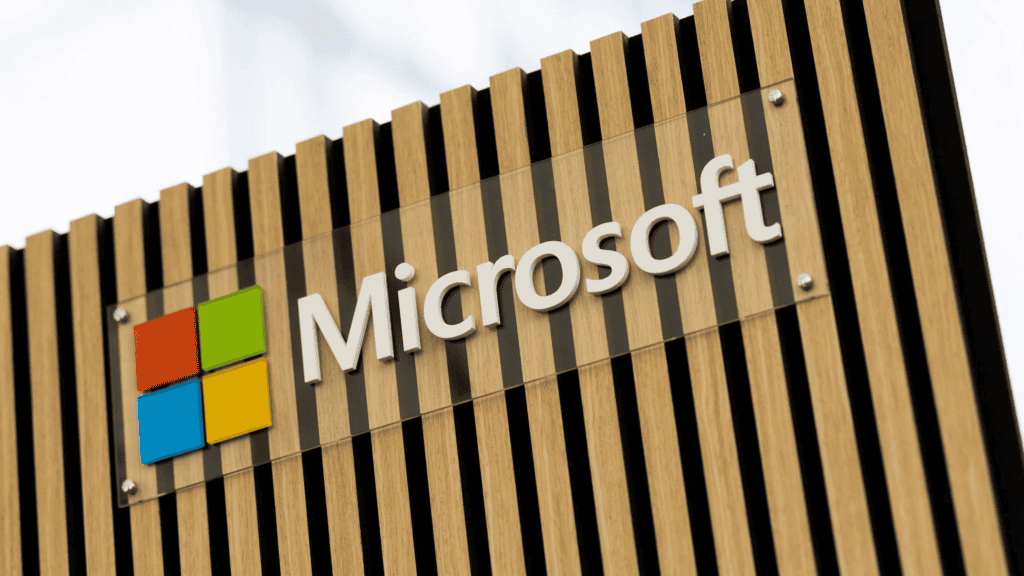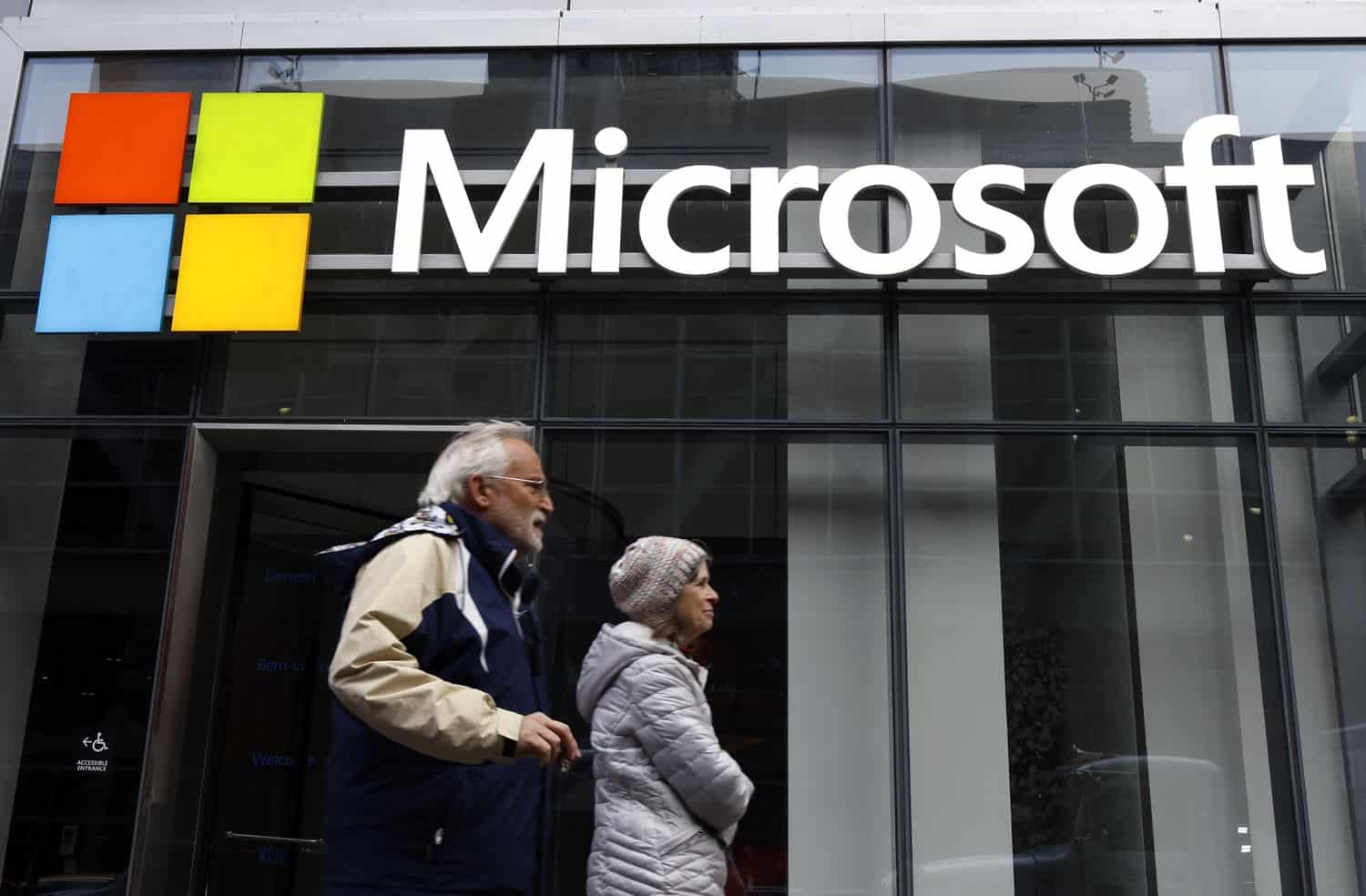Microsoft’s Earnings Awaited with Bated Breath: Software Sector Anticipates Impact

Microsoft is set to reveal its fiscal second-quarter earnings after Tuesday’s market close, with a spotlight on the company’s advancements in artificial intelligence (AI). Last year, Microsoft garnered attention for its investment in OpenAI, the entity behind the widely-used ChatGPT chatbot, making it a symbol of AI innovation. The impact of this AI revolution is already evident in Microsoft’s Azure cloud-computing business, outpacing competitors like Google Cloud.
Microsoft’s Pivotal Role
Microsoft’s financial health and strategic moves have historically held significant weight, influencing market trends and investor sentiments. The upcoming earnings report is particularly crucial, given the prevailing dynamics in the tech landscape and the heightened importance of software solutions in various industries.
While Microsoft’s success in AI workloads within the cloud is noteworthy, the implications extend beyond that realm. The company has integrated AI into its software products through technologies like Copilot, which became available to enterprise customers in November. Analysts anticipate insights into the financial ramifications of these initiatives when Microsoft discloses its fiscal second-quarter results.
AI Ventures and Cloud Dominance
Microsoft’s foray into artificial intelligence (AI) and its robust presence in the cloud computing space have garnered attention. The company’s investment in OpenAI and the subsequent developments, including the popular ChatGPT chatbot, have positioned Microsoft as a frontrunner in AI innovation. The impact of AI on Microsoft’s Azure cloud-computing business, reportedly surpassing competitors like Google Cloud, adds an extra layer of significance to the upcoming financial disclosure.
Microsoft’s Evercore ISI analyst Kirk Materne notes that the Copilot technology is expected to significantly influence revenue growth in the latter half of the calendar year. The interest in Copilot is reportedly high, and the question remains not if but when adoption will accelerate materially.
Copilot Technology and Enterprise Integration
One area of keen interest is Microsoft’s integration of AI, specifically the Copilot technology. Launched in November, Copilot is designed to infuse AI into Microsoft’s suite of software products. Industry analysts believe that the financial implications of this initiative could be unveiled in the upcoming earnings report. With Copilot made available to enterprise customers, the anticipation is high for insights into its adoption rates and potential revenue contributions.
Guggenheim analyst John DiFucci expresses the market’s desire for quantitative indications of Microsoft 365 Copilot’s performance but anticipates qualitative insights. He emphasizes that any signals might be overshadowed by other tailwinds, including broad price increases and renewals at higher rates in the Office business.
Morgan Stanley’s Keith Weiss expects qualitative signals related to generative AI and believes investor patience will be rewarded. The stakes are high for Microsoft’s report, with potential positive performance impacting the entire software sector.
Citi Research’s Tyler Radke shares optimism, foreseeing AI as a potential tailwind. Improved IT budgets, driven in part by generative AI, where Microsoft holds a leadership position, could lead to sustained multi-year growth.
Analysts’ expectations for Microsoft’s fiscal second quarter include 10% growth in the productivity and business-processes unit (encompassing Office) and an 18% increase in revenue from the More Personal Computing segment (covering Windows and Xbox). Intelligent Cloud revenue, which includes Azure, is projected to grow by 18%, with Azure itself expected to see a nearly 28% increase.
While Microsoft’s strong AI positioning is a strategic advantage, it comes with costs. Investments in AI, the integration of Activision, and accounting changes are expected to impact gross margins, leading to a projected 68.2% gross margin for the fiscal year, down 70 basis points from the previous year, according to Morgan Stanley’s Weiss.
Conclusion
As the countdown begins for Microsoft’s earnings report, the entire software sector holds its breath in anticipation. The outcome is expected to offer insights into the company’s strategic initiatives, AI endeavors, and overall market resilience. Whether it’s Copilot’s impact, Azure’s performance, or the broader trends in IT spending, Microsoft’s earnings have the potential to set the tone for the software sector’s trajectory in the coming months. Stakeholders are poised for a closer look at the numbers that could influence not just Microsoft’s future but also the broader landscape of software innovation and market dynamics.
